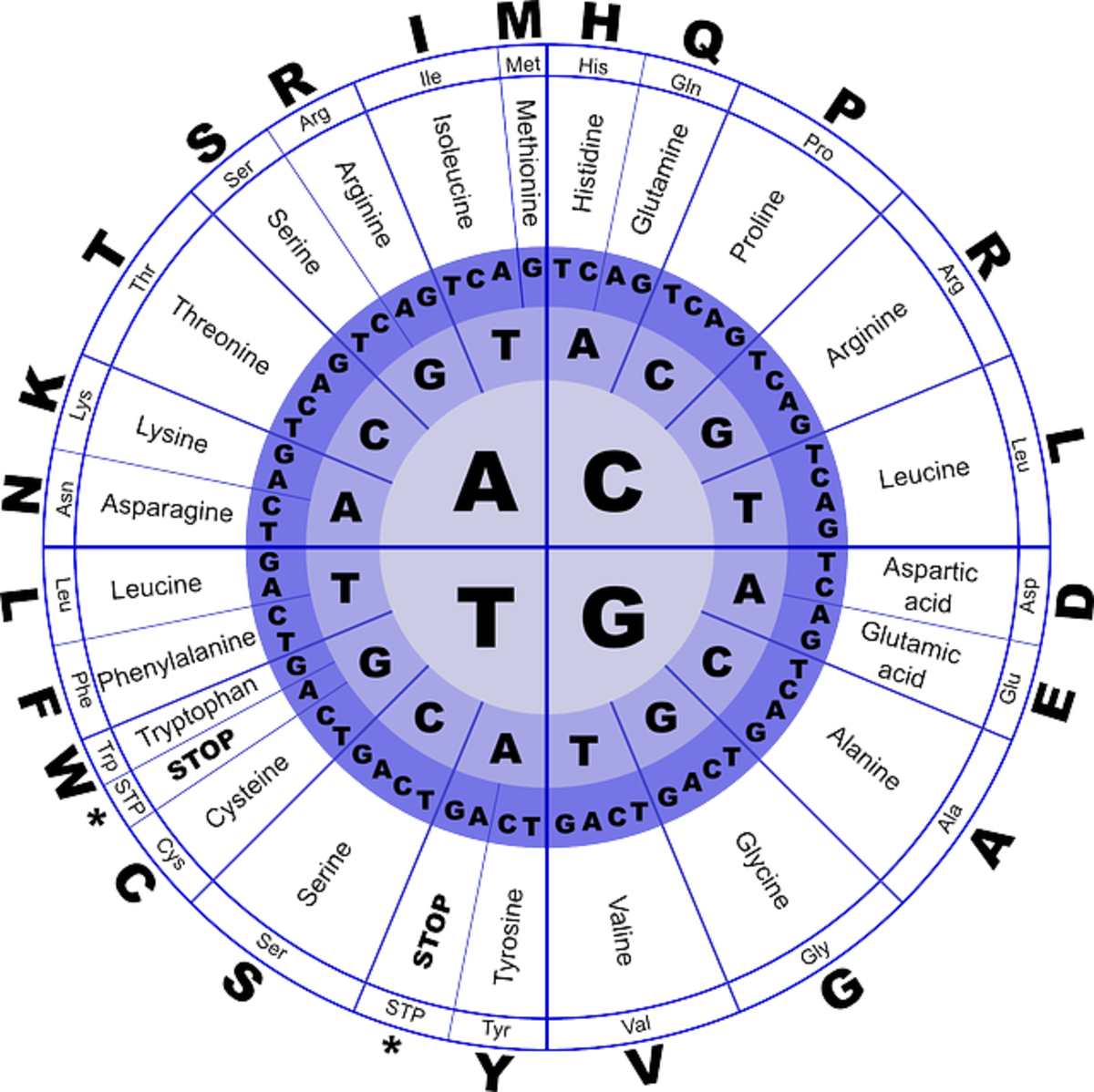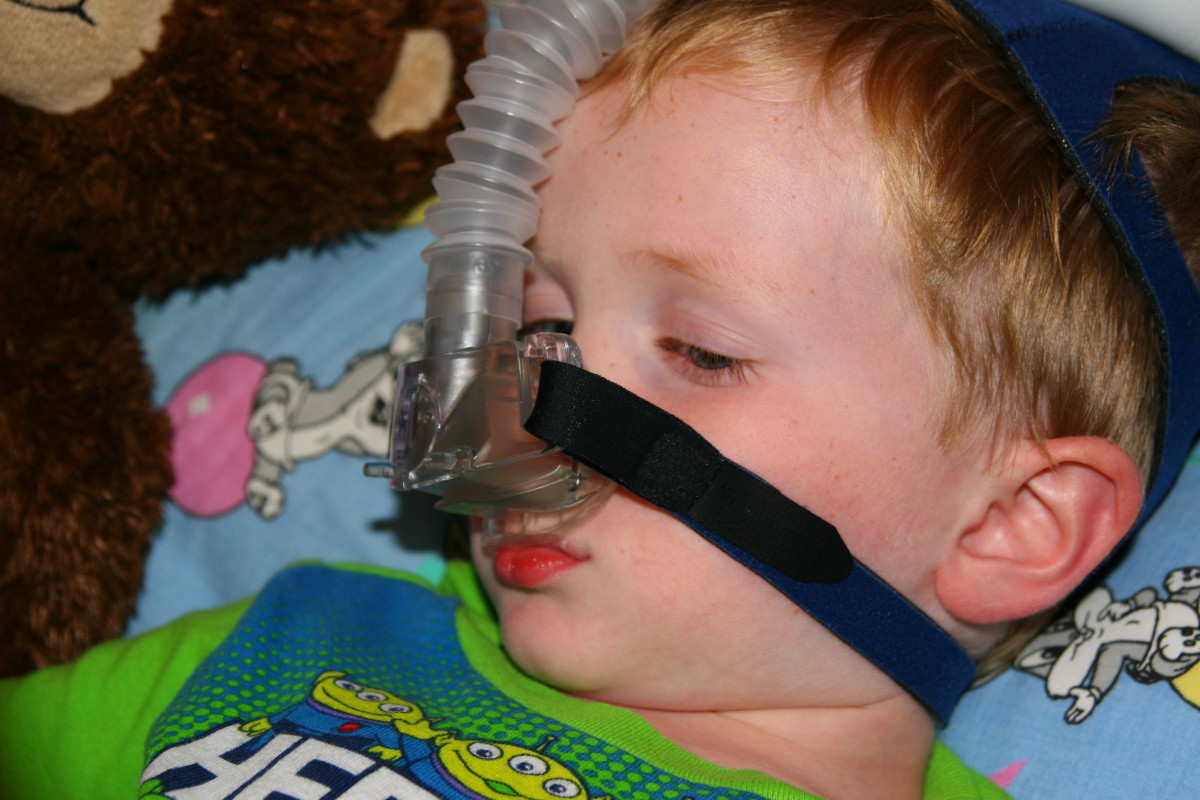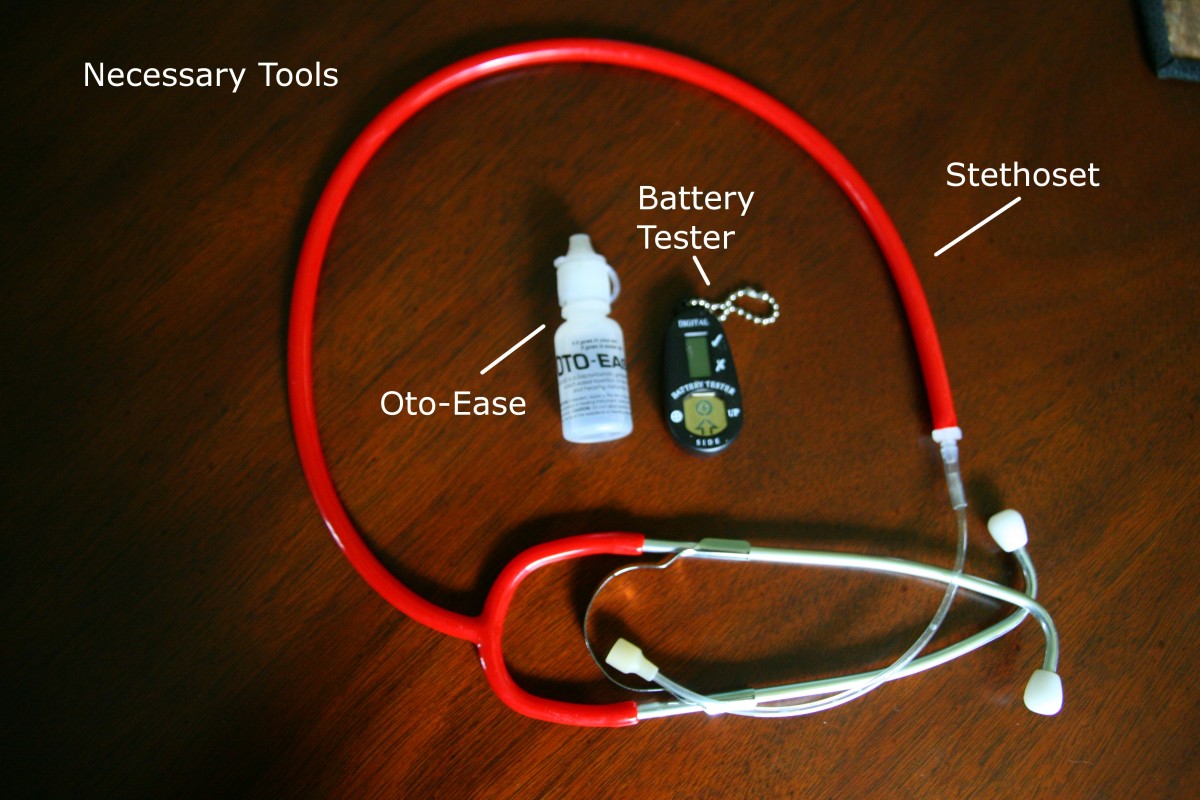Diet and Neurodevelopmental Delays
There is a great deal that can be done to help a child with a neurodevelopmental delay by using diet. Whilst there is no one supplement that will guarantee to help a specific child, there are many that often help.
There are many different views and suggestions about the causes of neurodevelopmental delays including nutritional deficiencies, chemical imbalances, psychological problems, allergic responses to food and chemicals or a poor diet.
If nutrition is inadequate then there can be a deficiency of neurotransmitters which pass the various signals through the brain, this can lead to incorrect messages being sent and therefore inappropriate behaviour. I recommend a good all round multi nutrient with the addition of extra supplements if required.
Essential Fatty Acids
EFA Deficiency
We have, for a long time, been told that fats are bad for us. Whilst many fats are, some are not, and these good fats are essential to the effective functioning of the brain. Unfortunately, because these fats are often easily destroyed by light and heat, they are removed from food in order to increase its shelf life. There are two groups of essential fatty acids, the omega 3s and the omega 6s. There are a range of fats in each of these groups, many of which can be made from other fats in the same group by most people. However, to ensure adequate intake supplements should contain the whole range.
Essential fatty acids are essential for immunity, production of hormones, good digestion and absorption, nerve cell function and learning.
Flax seed oil supplies alpha linoleic acid which is deficient in many diets because of food processing and choices. If there is no improvement in behaviour, concentration or dryness, flax seed can be replaced by fish oils supplying hexanoic acid (DHA) daily. DHA is the omega-3 EFA with the highest concentration in the brain. If hyperactivity or dryness intensifies with omega-3 supplementation, this might suggest the need for omega-6 supplementation. Inadequate DHA levels result in memory loss and other neurological problems. Research shows DHA levels are often lower in children suffering from ADHD than normal children. Clinical studies also show that DHA supplementation can improve behaviour in these children.
The leading omega-6 EFA is linoleic acid. Levels of linoleic acid can be increased by supplementing with primrose oil or borage oil, which supply the biologically active linoleic derivative, gamma linoleic acid (GLA). Proper EFA supplementation might not only improve behaviour but also dryness of the skin and hair and brittle nails.
Arachidonic Acid is an omega-6 fatty acid which is abundant in the brain. Like DHA, arachidonic acid is an important structural component of cell membranes in the eye and brain where it helps facilitate healthy communication between nerve cells. A recent study in the American Journal of Clinical Nutrition showed that many hyperactive children are lacking sufficient levels of arachidonic acid.
Research at 13 schools in County Durham on the effects of the addition of fatty acids to the diet has shown dramatic improvement in reading, learning ability, hand writing and concentration with one child?s reading schools improved by the equivalent of four years in three months. This lead to an improvement in confidence and social skills.
Research on 230 inmates at a Buckinghamshire young offenders? institution showed that the number of offences committed by prisoners who were on dietary supplements dropped by a quarter compared to those who were on dummy tablets.
Research suggests an apparent benefit of GLA correlated in treating children with ADHD. In one study, lower levels of GLA correlated with more behaviour problems and researchers believe a deficiency or defect in delta-6 desarutase activity (the enzyme responsible for converting Linoleic Acid to GLA) may be one cause of ADHD. Providing a direct source of GLA (borage oil) can overcome this deficiency or defect in enzyme activity. The body can also use the GLA in borage to make arachidonic acid.
Amino Acids
Amino acids are the building blocks of protein. They all have a substantial effect on the nervous system. All major neurotransmitters are made from amino acids and proteins. Those on low protein diets may not take enough amino acids to make adequate neurotransmitters. A deficiency in amino acids can lead to apathy, lethargy, difficulty concentrating, loss of interest and insomnia. The main symptoms of neurotransmitter deficiency include ADD, ADHD, brain fog, mood swings, increased stress, anxiety, depression, insomnia, irritability and aggression. Anyone taking amino acid supplements should take B6 to help metabolise them. I would recommend taking a supplement containing all, or most, of the amino acids.
DMG (Dimethylglycine)
Dimethylglycine is a nutrient which is a precursor to many amino acids, it also help blood circulation to the brain. As such, it can aid brain and nerve function. Research has been done which indicates that it may help in epilepsy and autism. Apparently many vets use DMG to prevent seizures in cats and dogs. The effects of DMG can be seen almost immediately.
Research in 1965 showed that DMG led to improvements in the speech of 12 out of 15 children with severe learning difficulties who had been unable to communicate before the treatment.
Taurine
Taurine is more important for women than men, since it is related to the female hormones. It helps to balance out the other amino acids in the brain, and by doing this may help stabilise epilepsy. In cases of epilepsy, amino acids can be quite mixed up and generally are lower than expected. Exposure to full spectrum light can also help to increase taurine levels.
In an article by TC Birdsall called Therapeutic Applications of Taurine, he says
Clinically, taurine has been used with success in the treatment of a wide variety of varying conditions, including: cardiovascular diseases, hyperchole-sterolemia, epilepsy and other seizure disorders, macular degeneration, Alzheimer's disease, hepatic disorders, alcoholism and cystic fibrosis.
L-Carnosine
L-carnosine is a naturally occurring amino acid found in high concentrations in muscle, heart and brain tissues. It protects against aging, performs an antioxidant function and free radical scavenging and has neurotransmitter properties. It also seems that it can improve language, communication and behaviour in children on the autistic spectrum.
Phenylalanine
Phenylalanine is a major precursor of norepinephrine, and helps to brighten mood, stimulate energy and improve memory.
Glutamine
Glutamine is a precursor of GABA. It is calming and can improve clarity of thought and increase alertness. Autism and behavioural problems have been treated in America using glutamic acid, which is a form of glutamine. It can help depression, IQ improvement in low IQ children, epilepsy, schizophrenia and senility. It helps to control sugar cravings.
Methionine
Methionine helps to clear the brain of toxins. It helps prevent the accumulation of heavy metals in the brain.
GABA
GABA is found throughout the central nervous system it seems to help with ADD, ADHD, stress, anxiety and depression.
Glycine
Glycine decreases the craving for sugar and calms down aggression.
Tryptophan
A proper combination of tryptophan or 5-HTP and B6 elevates the serotonin level and balances the brain, therefore may diminish the child?s neurological symptoms.
Lysine
Lysine ensures the adequate absorption of calcium, helps form collagen and helps in the production of antibodies, hormones & enzymes. A deficiency may result in tiredness, inability to concentrate, irritability, bloodshot eyes, retarded growth, hair loss, anaemia & reproductive problems.
Valine
Valine promotes mental vigour, muscle coordination and calm emotions.
Leucine & Isoleucine
These provide ingredients for the manufacturing of other essential biochemical components in the body, some of which are utilised for the production of energy, stimulants to the upper brain and helping you to be more alert.
Tyrosine
Tyrosine transmits nerve impulses to the brain, helps overcome depression, improves memory, increases mental alertness and promotes the healthy functioning of the thyroid, adrenal and pituitary glands.
Aspartic Acid
Aspartic acid aids in the expulsion of harmful ammonia from the body, it may also increase resistance to fatigue and increase endurance.
Minerals
Magnesium
Symptoms such as stomach aches, headaches, muscle pains and difficult or restless sleep often indicate a deficiency of magnesium or calcium. Hyperactive children become magnesium deficient for two reasons: like most children they consume less than the RDA of magnesium and the high adrenaline levels associated with hyperactivity cause them to excrete excessive amounts of magnesium.
Deficiencies of magnesium are associated with ADHD. Studies show magnesium supplementation can reduce hyperactivity. Magnesium is also an important co-factor for delta-6 desaturase activity. Magnesium is responsible for over 300 enzyme functions. It cannot be stored by the body and therefore must be taken daily. Symptoms of magnesium deficiency include asthma, migraines, eye twitches, anxiety, confusion, muscle spasms, irritability, depression, nervousness, fatigue, mood swings, PMS, hypertension and insomnia. Zinc and magnesium are necessary for many chemical reactions, including energy production, immunity and learning. The recommended daily intake of magnesium for adults is 400mg. The best sources are soya beans, nuts, dried brewers yeast and wholemeal flour.
Zinc
Zinc is a mineral that affects a range of functions in the body including neurological and mental conditions. The recommended daily intake for adults is between 15mg and 20mg. The best food sources of zinc are oysters, live, brewers yeast, shell fish, meat and hard cheese. Zinc is important in growth, insulin production, function of pituitary and adrenal glands, ovaries and testes, development of the skeleton, nervous system and brain of child during pregnancy and healthy liver function.
The zinc content of the food that we eat is substantially reduced by over processing. About 77% of the zinc content of whole wheat is lost during the production of white flour and similarly 83% is lost during the production of white rice.
Zinc has been be given therapeutically to help skin conditions, prostate problems, mild mental conditions, schizophrenia, hyperactivity, common cold and anorexia. A deficiency in zinc can lead to skin conditions, hair loss, mental apathy, defects in reproductive organs, decreased growth rate, impaired mental development, postnatal depression, loss of taste and smell, white spots on nails and susceptibility to infections.
Research shows that a zinc deficiency may play a role in the development of ADHD. Studies show children with ADHD are often deficient in zinc. Like magnesium, zinc is also an important co-factor for delta-6 desaturase activity. Zinc also protects against the harmful effects of cadmium on verbal IQ and reading performance.
Iron
There are indications that iron deficiency limits physical performance, reduces work productivity and impairs the cognitive process. The recommended daily intake for children is 10-12mg and for adults is 15-18mg. The best dietary sources of iron are dried brewers yeast, wheat bran and cooked liver and kidney.
Selenium
Deficiency in selenium can be caused by living on a highly processed diet and by bottle feeding babies. It is an antioxidant and therefore protects against toxic substances produced in the body or brought into the body. It is sometimes used to help arthritis, high blood pressure, angina, Keshan disease, hair, nail and skin problems, liver disease, male infertility and cancer. It works very well in conjunction with vitamin E.
A child deficient in calcium exhibits irritability, sleep disturbances, anger and inattentiveness. The first signs of a calcium deficiency include nervous stomach, cramps, tingling in the arms and legs and painful joints. The best dietary sources of selenium are organ meats and fish and shellfish. There has been much discussion about its relationship with epilepsy. In an item by called Selenium Deficiency Triggering Intractable Seizures it says with regard to research on two young children
Oral substitution with selenium supplements in both children (3-5 micrograms/kg body weight) resulted in reduction of seizures and improvement of the EEG recordings, after two weeks while liver function became normal.
Our findings support the hypothesis that the presence of selenium depletion in the brain amongst patients with epilepsy constitutes an important triggering factor for the origin of intractable seizures and subsequent neuronal damage. Neuropediatrics 1994 Aug; 25(4):217-23 Related Articles, Books, LinkOut, PMID: 7824095, UI: 95124520
Allergies
Basically everything can cause an allergy but some things are more likely to than others. Sometimes the allergic reaction is a rash or a tummy upset, at other times it can be neurological activity. In my experience the chemicals are more likely to bring on an epileptic attack. Additives seems to be related to ADD, the most common colourings being E102 (tartrazine), E110 (sunset yellow), E124 (ponceau 4R) and E127 (erythrosine) and the most common preservatives are E210, E320,, E321 and E219 (benzoic acids and its salts). It also seems that sugar and caffeine products have a similar effect. In cases of autism there is often a link between dairy products and/or wheat and the condition.
Dr Richard MacKarness has written two books which I recommend called Chemical Allergies (ISBN 0 330 31355 X) and Not All in the Mind (ISBN 0 330 31354 1), although both are now out of print.. In them he refers to one woman who had seizures when exposed to gas heating, car exhaust, wet paint and newsprint, and to a boy who had attacks as a result of ingesting food colourings, and I shall quote the following paragraph from his book.
Allergists know that every allergic person has his or her special "target organs", areas of the body which tend to be involved in allergic reactions time after time In one person it will be a particular patch of skin, in another the lining of the nose or gut, and in a third it will be an area of brain tissue. If this piece of brain happens to be in the part of the brain responsible for muscular movement, the manifestation of the allergy may be an epileptic seizure.
The Feingold diet was developed by Benjamin Feingold and is based on the theory that salicylates (chemicals similar to aspirin that are found in many foods) are a cause of hyperactivity. Research indicates that as many as 10% to 25% of children may be sensitive to salicylates. It certainly seems that many hyperactive children are affected by chemical in food, especially food colourings.
The most reliable way to see if there is a link between your child?s symptoms and what he eats is to put him on a very strict diet, avoiding all the above items and then see if there is an improvement in his behaviour. This improvement can often be seen in a day or two. After a few days add the items that have been removed from his diet one by one over a period of days and notice when the behaviour changes. You can also get tested, there are a range of places that do allergy tests around.
Even if there seems to be no link between your child?s diet and his behaviour, I would still recommend minimises the consumption of such products as much as possible.
Other
Ashwagandha (Withania Somnifera) Root Extract
This is also known as Indian Ginseng, it is an Ayurvedic plant that acts as an anti-stress adaptogen - the root is used for 'brain fog', memory loss, and to rejuvenate the nervous system: it also eases insomnia by enabling the body to settle and sleep - it is used traditionally to enhance memory and learning and to promote good nutrition and strength in children.
Bacopa Monnieri (Brahmi) Whole Plant Extract
A traditional Ayurvedic herb used in India for more than 3000 years to support and improve mental performance. It has clinical benefits for short and long term memory loss and insomnia; it also acts as a mild sedative - reputed brain tonic in ayurvedic medicine. Studies show it improves learning performance.
Lecithin
This type of fat which is the structural component of all nerve cell membranes and the protective sheaths surrounding the brain - lecithin consists mostly of the B vitamin choline, which is an important brain chemical or neurotransmitter. Acetyl choline is utilised in many brain functions including memory.
Vitamin E
Vitamin E is an antioxidant which reduces the oxygen needs of the muscles and helps to maintain a healthy blood vessels and clotting. Symptoms of deficiency are irritability, water retention, lethargy, lack of concentration and muscle weakness. It can be used to help, amongst other things, a wide range of heart and circulatory problems and nerve, joint and muscular complaints.










